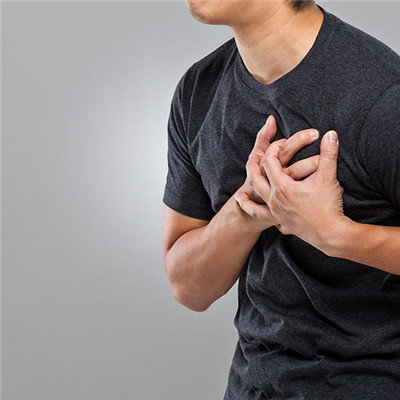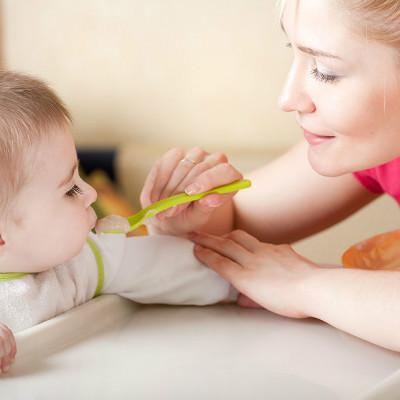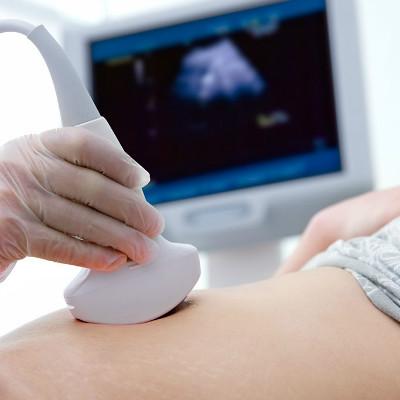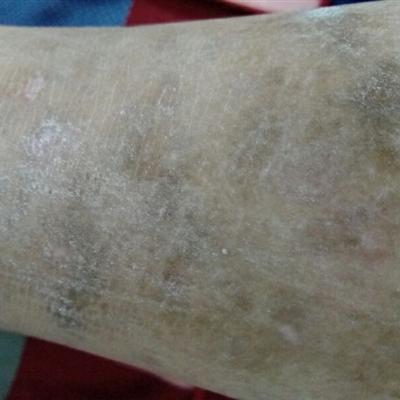What is the difference between the symptoms of colorectal cancer and hemorrhoids?
summary
I have a classmate whose father is only 45 years old, but he was found to have advanced rectal cancer during a physical examination. We are all surprised to hear this news, because his father has always been in good health. Finally asked about the reason is because his father always thought he had hemorrhoids, so he went to do a check, also did not care. Later, his family found that he was getting thinner and thinner, and he often had abdominal pain, nausea and other symptoms, so they took him to the provincial hospital for examination to know that he had advanced rectal cancer. Here I will briefly talk about the difference between rectal cancer and hemorrhoids
What is the difference between the symptoms of colorectal cancer and hemorrhoids?
First of all, hemorrhoids, as the saying goes, "ten people with nine hemorrhoids" is enough to reflect that hemorrhoids is a very common thing in this era. Hemorrhoids mainly include internal hemorrhoids, external hemorrhoids and mixed hemorrhoids, the main symptoms are: 1, protrusion and prolapse 2, anal moisture and itching 3, bloody stool 4, difficult defecation.
The second is rectal cancer. Rectal cancer is a common malignant tumor in the gastrointestinal tract, which mostly occurs in men over 40 years old. The early symptoms of rectal cancer are asymptomatic or change of bowel habits. In the middle and late stage, there will be obvious symptoms, such as abdominal pain, abdominal distension, nausea, vomiting, and even bloody stool or mucus. And because of the high metabolism of tumor, the body becomes thin.
From the above, we can know that rectal cancer and hemorrhoids have hematochezia symptoms, but there is a difference between the two. Rectal cancer for each stool with blood, color bright red or dark red, and accompanied by abdominal pain symptoms. Hemorrhoids is anal bleeding, bright red color, and stool itself does not carry blood, but will drop blood after defecation.
matters needing attention
Patients with rectal cancer should set up a positive and optimistic attitude towards life, never lose the desire to survive, otherwise no matter how the treatment and nursing are futile. Secondly, patients usually should exercise more to improve the body's immunity and resistance.










